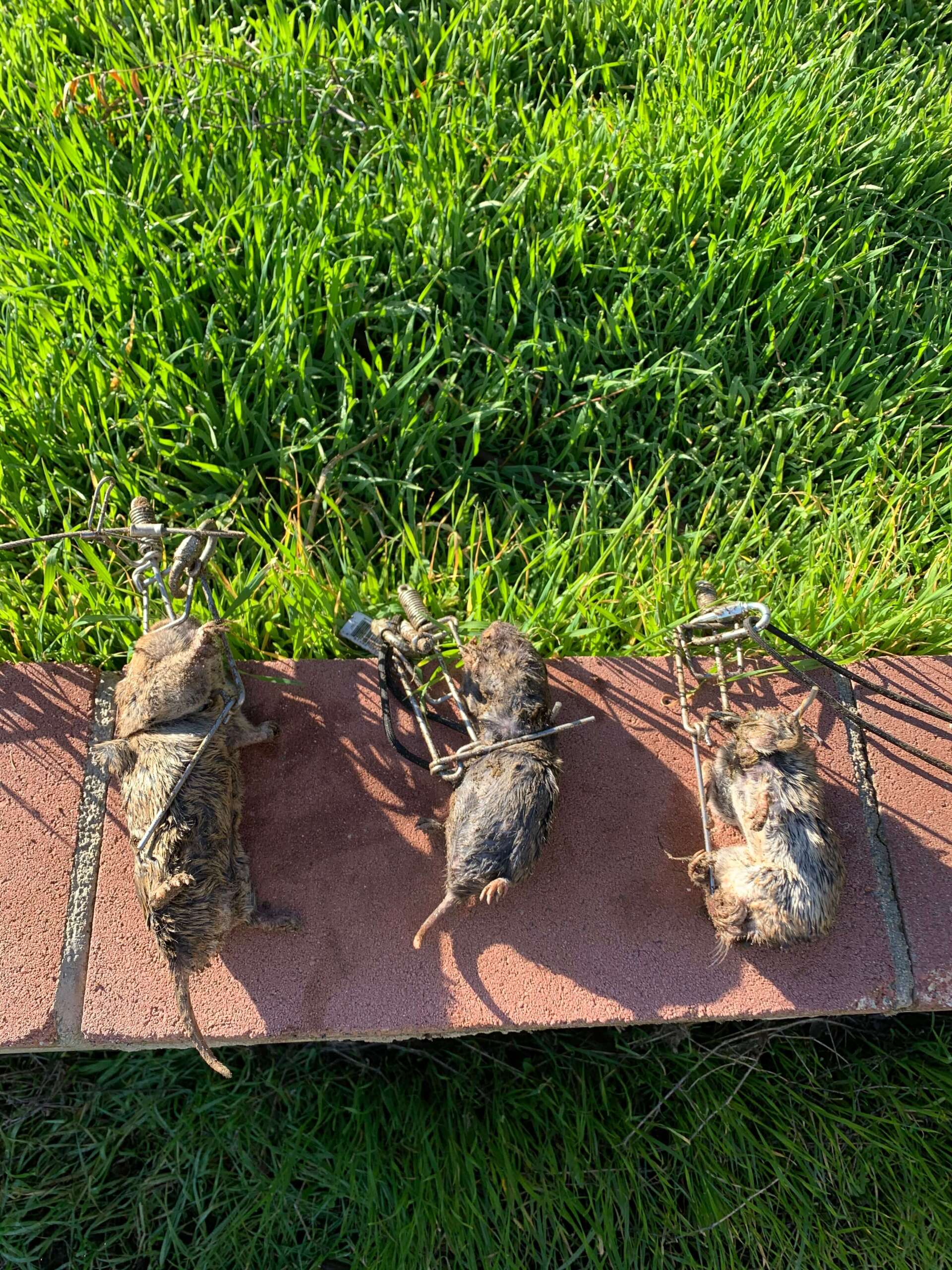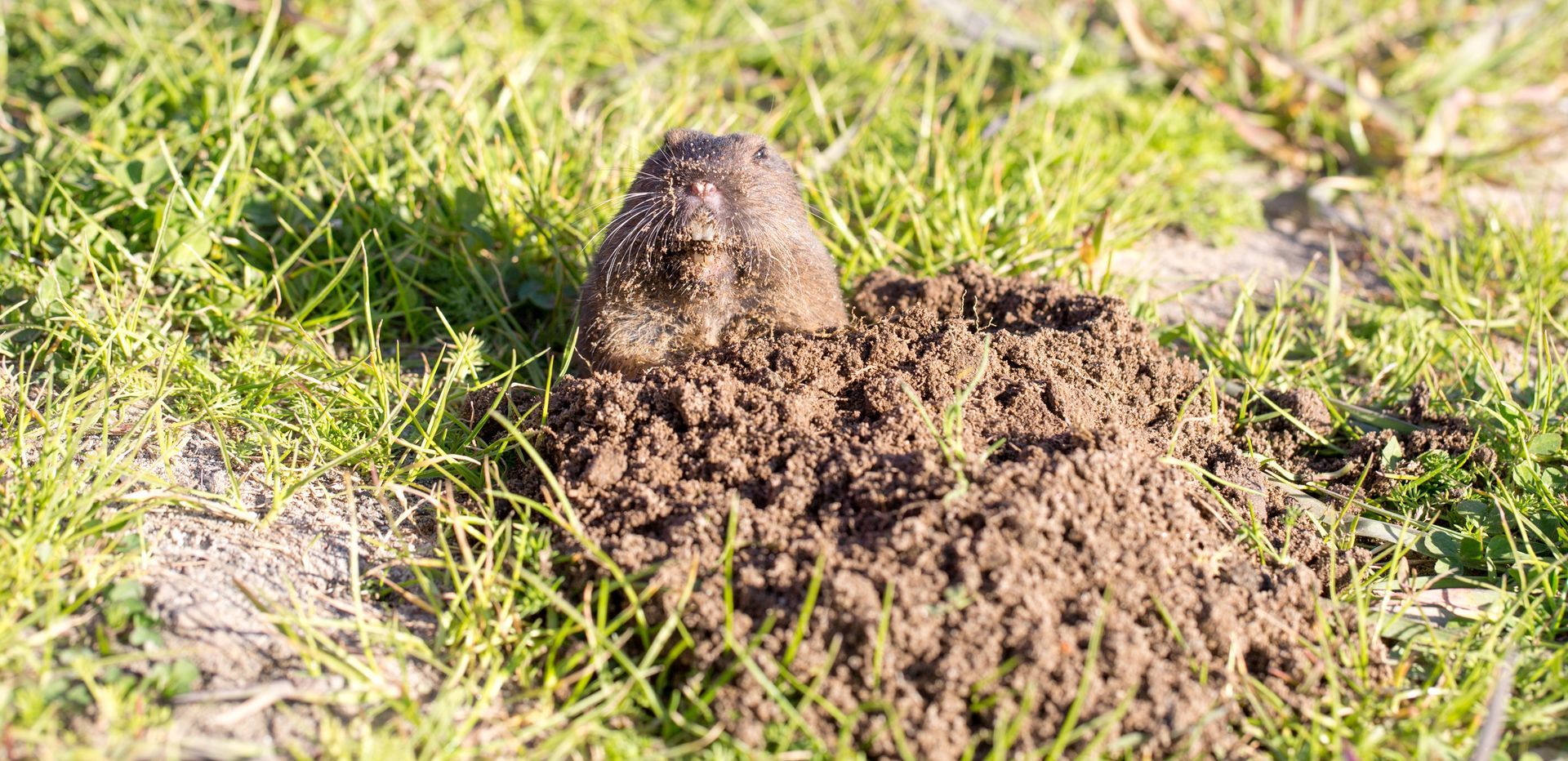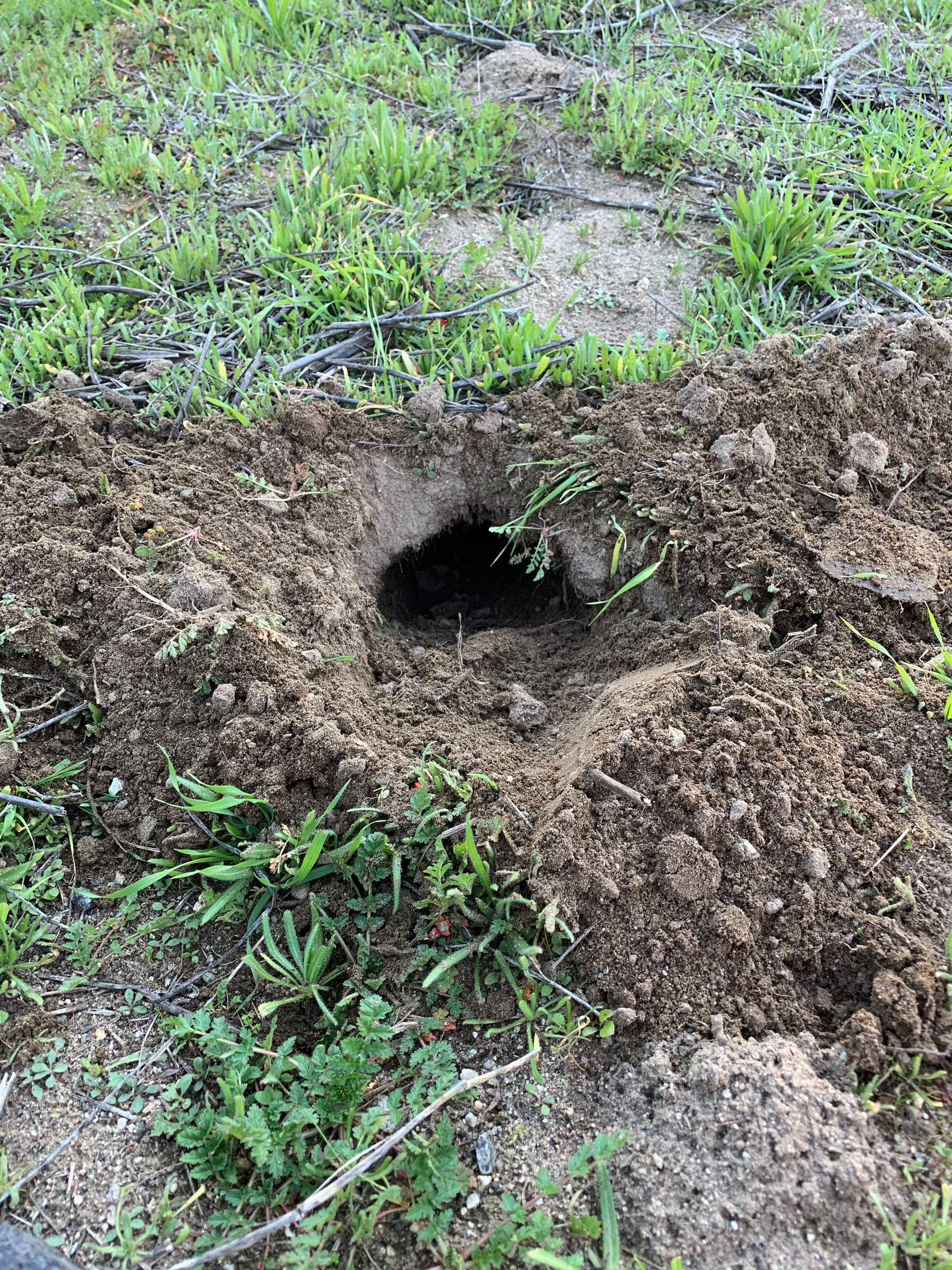Signs of a Gopher Infestation in Your Yard: A 2024 Guide
Signs of a Gopher Infestation in Your Yard: A 2024 Guide
SEO Meta Description: Discover the top signs of a gopher infestation in your yard and learn how to effectively manage these pesky critters in 2024. Keep your garden safe and your lawn beautiful with our comprehensive guide.
In the tranquility of your own backyard, an unseen menace may be lurking beneath the surface, causing unseen havoc. Gophers, those solitary and industrious rodents, are not just the bane of cartoon gardeners but a real and present threat to homeowners. Recognizing the signs of a gopher infestation in your yard is the first step in reclaiming your peaceful outdoor sanctuary. This guide will walk you through identifying these signs, understanding gopher behavior, and the best practices for managing and preventing infestations.
Recognizing Gopher Activity
Gophers are subterranean creatures that prefer to spend most of their lives underground, which makes their presence a bit tricky to notice until considerable damage is done. One of the earliest indicators of gopher activity is the appearance of distinctive mounds of soil on the surface of your yard. Unlike molehills, which are often mistaken for gopher mounds, gopher mounds are fan-shaped and have a plug in the middle that the gopher uses to seal off its tunnel after digging.
Signs of Gopher Presence
The most glaring sign of a gopher infestation is the damage to your vegetation. Gophers are vegetarian and can decimate the roots of shrubs, trees, and garden crops. You might notice plants wilting inexplicably, young trees leaning, or sudden depressions in the ground where root systems have been compromised. Additionally, gopher holes and soil disturbances, especially near garden areas, are telltale signs.
Understanding Gopher Behavior
Understanding gopher behavior is crucial in dealing with them effectively. These rodents are primarily active during the spring and fall, with their feeding habits causing the most damage to yards and gardens. They have a fast reproduction rate, which means a small problem can quickly escalate into a full-blown infestation.
The Impact of Gophers on Your Yard
Gophers can cause significant damage to your yard and garden. Their tunneling can disrupt the soil structure, harm roots, and even damage underground utility lines. The aesthetic and structural damage to landscaping and infrastructure can be substantial, leading to costly repairs.
Preventing Gopher Infestations
Prevention is always better than cure. Employing natural deterrents, like castor oil granules or planting gopher-resistant vegetation, can help keep these critters at bay. Additionally, physical barriers, such as underground mesh or wire fences, can be effective in protecting specific areas of your garden.
Gopher Control Methods
For those facing an existing infestation, there are several control methods to consider, ranging from trapping to utilizing predators. Trapping is one of the most effective and humane ways to remove gophers, but it requires patience and persistence. Biological control, such as encouraging the presence of natural predators like owls, can also help manage gopher populations.
Professional Gopher Removal
In cases where DIY methods fall short, professional gopher removal services can offer a solution. These experts have the experience, tools, and knowledge to effectively address gopher infestations, often guaranteeing their work and providing peace of mind to homeowners.
DIY Gopher Control Strategies
For those inclined to tackle the problem themselves, there are several DIY strategies that can be effective. Homemade remedies, such as using a mixture of castor oil and water as a repellent, or deploying safe and humane traps, can help manage gopher populations without resorting to harmful chemicals.
Environmental Considerations
When dealing with gophers, it's important to consider the environmental impact. Sustainable gopher management techniques can protect local wildlife and ensure that your efforts to control gophers do not negatively affect the ecosystem.
Gopher Infestation and Property Value
A severe gopher infestation can negatively impact your property's value, making it crucial to address the problem promptly. Disclosing a gopher infestation to potential buyers is not only ethical but can also prevent legal issues down the line.
Signs of a Gopher Infestation in Your Yard
As we delve deeper into this topic, it's clear that recognizing the signs early and taking decisive action can save homeowners from the frustration and expense of dealing with gophers. From understanding theirbehavior to implementing effective control strategies, knowledge is your best defense against these destructive creatures.
Gopher Behavior During Different Seasons
Gopher activity can vary significantly with the seasons, influencing the effectiveness of control strategies. During spring and fall, gophers are most active, making this the best time for trapping and removal efforts. However, understanding their behavior during the less active summer and winter months can also help in planning preventive measures, such as installing barriers or applying repellents before they become more active again.
Advanced Gopher Detection Techniques
Modern technology offers advanced techniques for detecting gopher activity, allowing for more targeted and efficient control efforts. Ground-penetrating radar and acoustic sensors can help identify active tunnels and nests without disturbing your yard, providing a roadmap for strategic trap placement or repellent application.
Community Efforts in Gopher Control
Gopher infestations are not just an individual problem; they can affect entire neighborhoods. Community-wide efforts, such as coordinated trapping days or shared costs for professional removal services, can be more effective than isolated actions. Sharing strategies and successes within a community can also lead to innovative solutions and a more comprehensive approach to gopher control.
Gopher-Resistant Plant Choices
Incorporating gopher-resistant plants into your landscaping is a proactive way to discourage gopher activity. Plants like lavender, rosemary, and certain types of marigolds not only add beauty to your garden but also act as natural deterrents. Additionally, understanding which plants attract gophers can help you make informed choices about your garden's layout and composition.
Legal Considerations in Gopher Control
Before undertaking any gopher control measures, it's important to be aware of local regulations regarding wildlife management. Some areas may have restrictions on trapping methods or the use of certain repellents. Ensuring compliance with these regulations can prevent legal issues and ensure that your gopher control efforts are both effective and lawful.
The Future of Gopher Control
As we look to the future, innovations in gopher management promise more effective and environmentally friendly methods of control. Research into natural predators, repellent formulations, and even genetic approaches to reducing gopher fertility could offer new hope for those battling these pests. Staying informed about these developments can help homeowners prepare for a future where gopher infestations are less of a threat to our yards and gardens.
FAQs
How can I tell if gophers are active in my yard?
Look for fresh mounds of soil, damaged plants, and signs of soil disturbance. Active tunnels may collapse when stepped on, revealing their presence.
What are some effective homemade gopher repellents?
A mixture of castor oil and water, applied through a garden hose sprayer, can be an effective deterrent. Planting gopher-resistant plants around your garden's perimeter can also help.
When is the best time of year to address gopher infestations?
Spring and fall, when gophers are most active, are the best times to implement control measures. However, preventive measures can and should be taken year-round.
How can I prevent gophers from returning?
Maintain barriers and repellents, keep your garden clean of debris that might provide shelter, and consider adopting a cat or dog that may deter gophers.
What impact do gophers have on other wildlife?
While gophers can be destructive to gardens and landscaping, their tunnels can also provide habitat for other species and aerate the soil, contributing to ecosystem health.
Conclusion
Gopher infestations in your yard can be a daunting challenge, but with the right knowledge and tools, they can be managed effectively. By understanding the signs of gopher activity, employing a combination of preventive measures and active control strategies, and staying informed about legal and environmental considerations, homeowners can protect their yards and gardens from these subterranean pests. Remember, the key to success is early detection, prompt action, and a commitment to sustainable practices that safeguard both your property and the local ecosystem.







